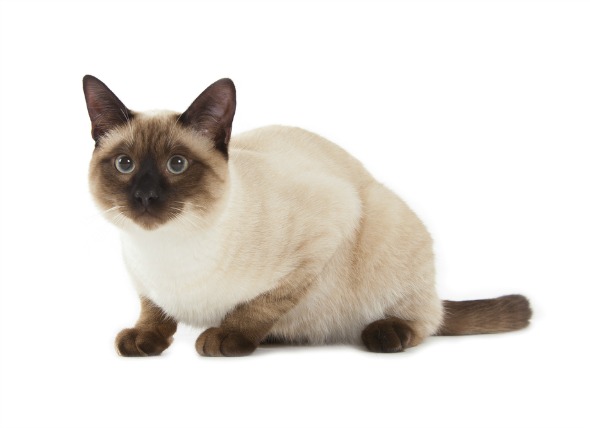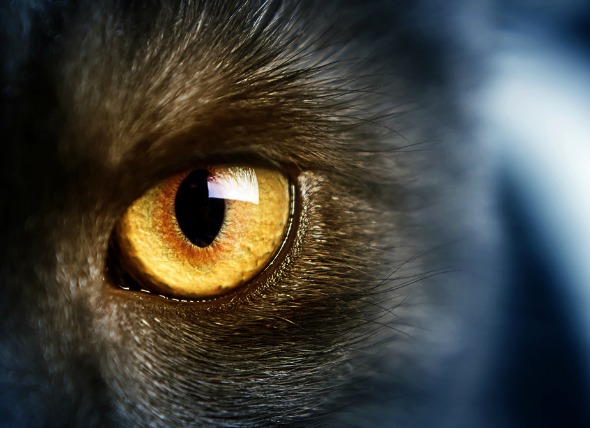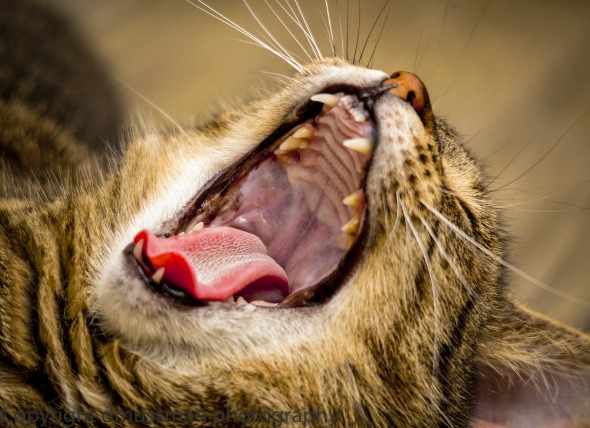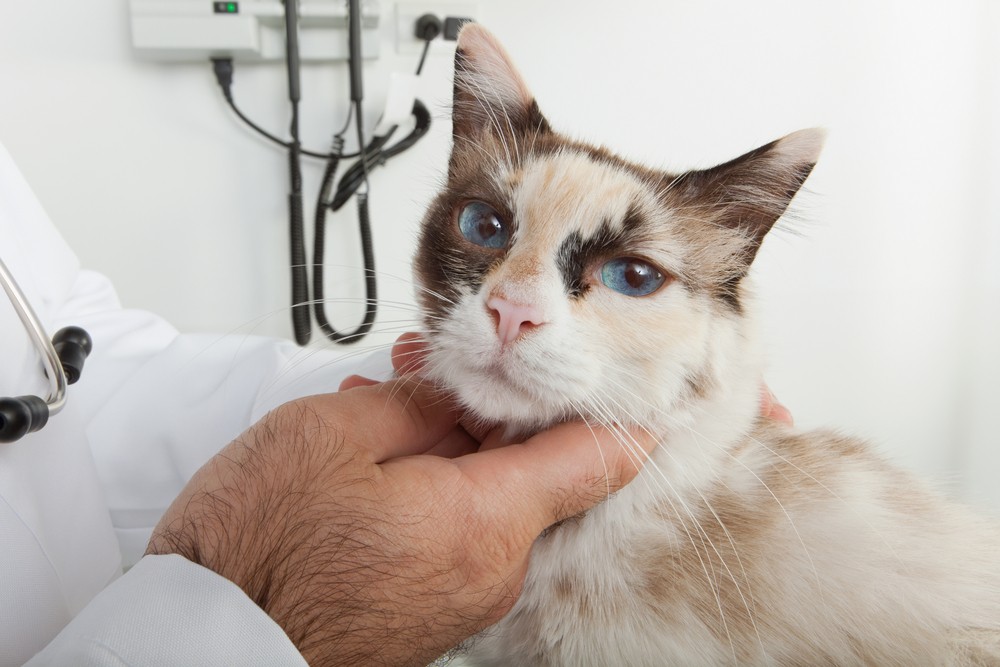
In this disease, red blood cells fail to divide and become abnormally large. These cells are also deficient in necessary DNA material. These giant cells with underdeveloped nuclei are called megaloblasts, or "big cells." Red blood cells are mainly affected, but white blood cells and platelets can also go through changes.
For cats that have anemia associated with feline leukemia virus (FeLV), this type of anemia is expected to occur. The seriousness of the anemia can rang from mild to severe.
Tests will be conducted to rule out the following:
Complete blood count, biochemistry, and urinalysis will examine the following:
Once the underlying cause is identified, a treatment plan will be developed to deal with that particular illness first. This is a relatively mild disease, except when it occurs in cats with the FeLV. Treatment will be administered on an outpatient basis. If your cat is demonstrating signs of drug toxicity, discontinue the offending drug. Instead, supplement your pet's diet with folic acid or vitamin B12.
Initially, you should take your cat in to see the veterinarian weekly for a complete blood count, and occasionally for a bone-marrow aspiration and evaluation. Cats that have the FeLV should be monitored carefully for a malformation of cells in the blood and bone marrow.
Ultimately, your cat's prognosis will depend on the underlying cause of the anemia. For example, cats that have anemia in conjunction with the FeLV will have an unfavorable prognosis. If a drug was the cause for the anemia, taking your cat off the drug should resolve the problem.
 Thunderstorm Phobias in Cats
The persistent and exaggerated fear of storms, or
Thunderstorm Phobias in Cats
The persistent and exaggerated fear of storms, or
 Bladder Inflammation in Cats
Interstitial Cystitis in Cats, Feline Interstitial Cysti
Bladder Inflammation in Cats
Interstitial Cystitis in Cats, Feline Interstitial Cysti
 Corneal Inflammation (Nonulcerative Keratitis) in Cats
Nonulcerative Keratitis in Cats
Keratitis is the
Corneal Inflammation (Nonulcerative Keratitis) in Cats
Nonulcerative Keratitis in Cats
Keratitis is the
 Mouth Ulcers in Cats
Gingivostomatitis and Caudal Stomatitis in Cats
G
Mouth Ulcers in Cats
Gingivostomatitis and Caudal Stomatitis in Cats
G
 Nose Cancer in Cats
Nasal Adenocarcinoma
Nose cancer (or nasal adenoc
Nose Cancer in Cats
Nasal Adenocarcinoma
Nose cancer (or nasal adenoc
Copyright © 2005-2016 Pet Information All Rights Reserved
Contact us: www162date@outlook.com